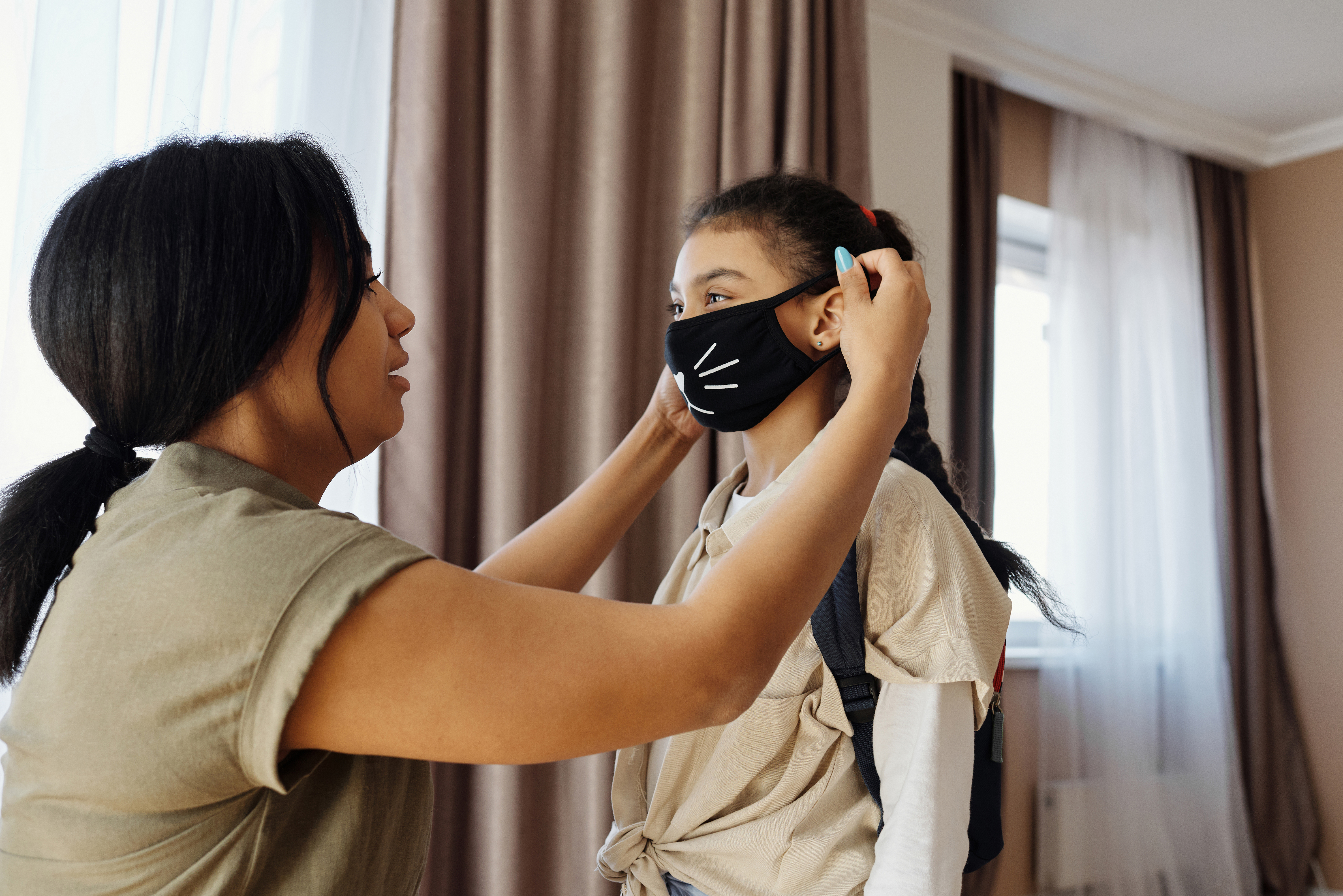With increased isolation and stress from the pandemic, navigating an eating disorder and seeking help can be extremely difficult.
At least 30 million people in the U.S., of all ages and genders, will suffer from an eating disorder at some point in their life.
With so many people experiencing what is often a very private struggle, navigating recovery from an eating disorder can be extremely challenging – even more so in times of a national health crisis.
Becca Eckstein is a licensed clinical social worker and the executive director of Veritas Collaborative in Durham.
Veritas Collaborative is a comprehensive healthcare system dedicated to giving all people with eating disorders access to best-practice care and the tools they need for lasting recovery. This is something that the team at Veritas takes very seriously, as eating disorders have the highest mortality rate of any mental illness.
For those actively seeking treatment at Veritas, Eckstein said care has not been disrupted by the pandemic. But for the rest of the population, she said those who struggle or have struggled with eating disorders are being triggered by new stressors.
According to Eckstein, one the biggest stressors for those with an eating disorder stems from the quarantine and stay-at-home orders.
“Eating disorders can be isolating in general, so certainly now in a pandemic where isolation is increased or even encouraged leads to greater difficulties for individuals with eating disorders,” Eckstein said.
Eckstein said the disruption to routine, isolation and subsequent lack of support system can be very taxing for those who are in recovery or actively struggling – especially as around half of the people who suffer from eating disorders like anorexia and bulimia also have an additional mood disorder, such as depression.
“I think being in a pandemic with an eating disorder tasks like obtaining food or going to the grocery store are certainly harder,” Eckstein said. “Being alone with your thoughts and your body more regularly and for more solo hours every day can be a real challenge. The current lack of structure and increased free time and social isolation that are inherent to the situation that we’re in are unfortunately the perfect storm for allowing a lot of those perseverative thoughts to snowball for longer periods of time or go unnoticed.”
With many routines so heavily disrupted, Eckstein said it’s important to find some semblance of normalcy, whether it be waking up at the same time every day or scheduling phone calls to family and friends.
Also learning how to navigate social media, as you may now find it awash with new diets and fitness regimes alongside jokes and memes about weight gain during quarantine.
Because of all these new, distressing factors, Eckstein said even the general population, who may not have struggled with an eating disorder before, may now be experiencing new thoughts and feelings about their bodies.
“I’ve heard individuals without eating disorders say that they’re hyper-focused on their appearance in a different way than ever,” Eckstein said. “Whether they’re using a virtual platform for meetings all day, engaging in self-criticisms about how they look – all in the service of “perfection” while on-screen.”
She said if you take that baseline, appearance-driven anxiety that the average person may have and add an eating disorder or other mental illness on top of it, it can be very distressing to navigate the world we’re currently living in.
Which is why, Eckstein said, if you don’t already have one — now is the time to seek out a treatment team. She said when it comes to treating an eating disorder, everyone is deserving of support and you shouldn’t worry about fitting into a certain mold when it comes to seeking help.
“I don’t think you have to be as worried about categorizing what diagnostic criteria you’re fitting as much as that you’re seeking support for how you feel and getting your needs met that way,” Eckstein said. “So I think there’s lots of ways that individuals may justify or convince themselves out of getting help or feel like the stigma attached [to eating disorders] may make them look or feel weak, and I think the strongest thing to do is to be kind to your mind and get your needs met and seek the help that you need.”
For local eating disorder screenings, resources and treatment options, visit Veritas Collaborative’s website.
Chapelboro.com does not charge subscription fees. You can support local journalism and our mission to serve the community. Contribute today – every single dollar matters.









